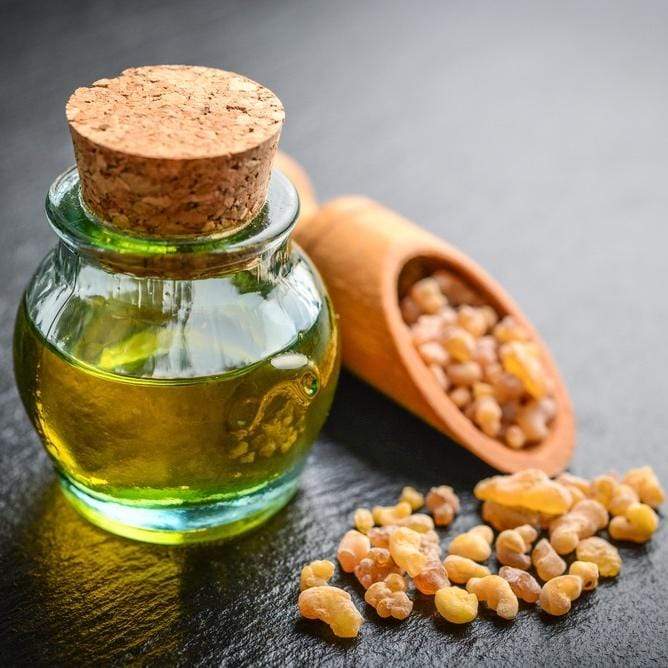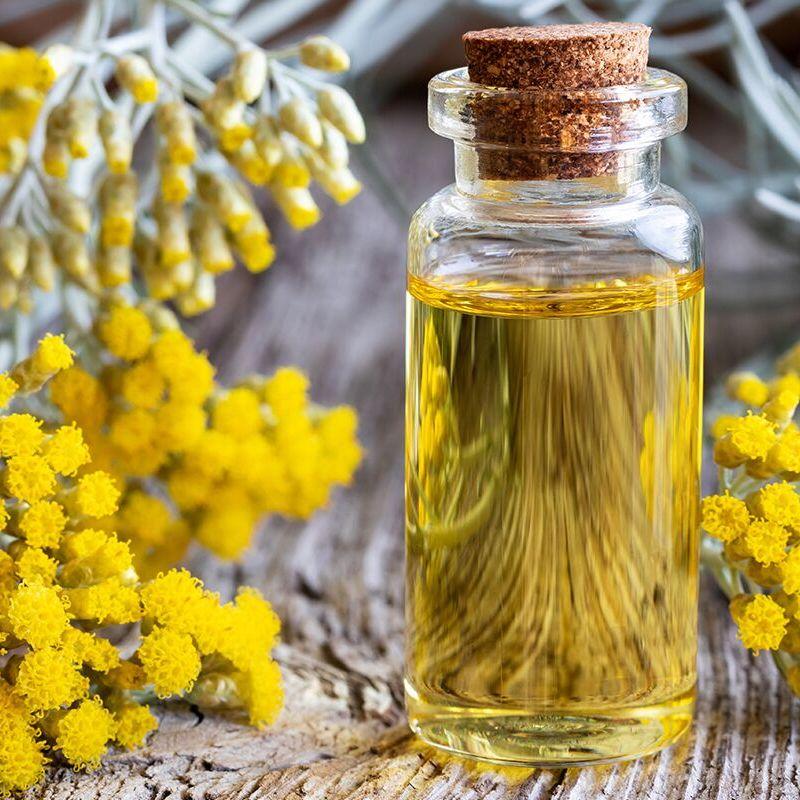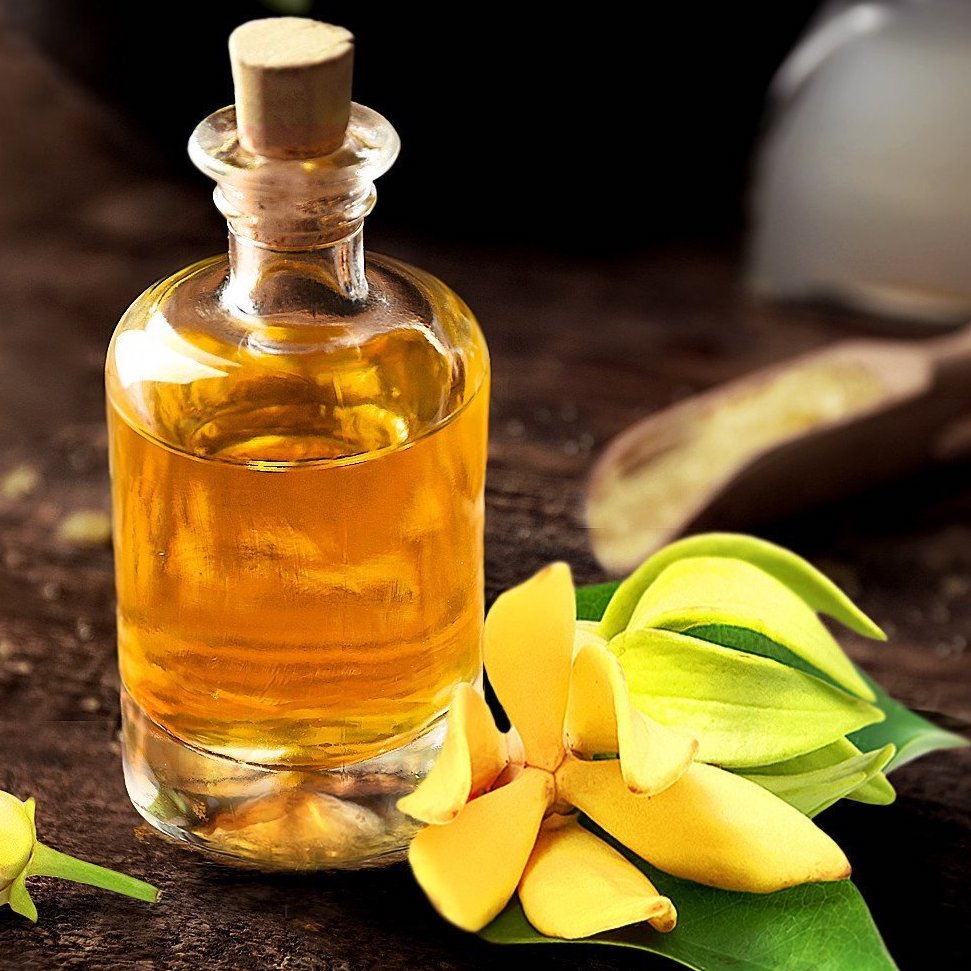Your Cart is Empty
ORGANIC 1 is OPEN: 🇺🇸 FREE Shipping in USA
Most people are familiar with myrrh from ancient Biblical stories. Native to Africa and southwest Asia, Myrrh has an earthy scent and has been traditionally used in medicine to treat a multitude of conditions. Today, the oil extracted from this reddish-brown thorny tree has become increasingly popular in daily skincare regimens.
Specifically, many look to Myrrh oil for its potent antioxidant properties. It has also been proven to treat certain types of infections. Myrrh is incredibly versatile; it is antimicrobial, antifungal, astringent, antiseptic, immune booster, and anti-inflammatory substance.
Most important, myrrh is excellent for the health of your skin. In this article, we will explore the many benefits of using Myrrh for skincare.
What is Myrrh?
Myrrh is a resin, or sap-like substance that comes from the Commiphora myrrha tree. Myrrh is closely related to frankincense and is one of the most popular essential oils used worldwide.
To harvest myrrh, the tree trucks are cut to release the resin inside. As the resin begins to dry, it is then collected. Steam distillation then turns the sap into the essential oil.
Myrrh oil has a smell often described as smoky, sweet or sometimes bitter. The two primary active compounds found in myrrh are terpenoids and sesquiterpenes. Both possess anti-inflammatory and antioxidant properties. Myrrh essential oil can actually sedate inflammation in various tissues where there are cases of fever or viral infections.
Benefits of Myrrh Oil
There are many benefits to using Myrrh as a part of a daily skincare routine, including:
1.Potent Antioxidant
Because of its high antioxidant capacity, myrrh is extremely effective in removing harmful substances from the body. Myrrh can be used to relieve inflammation around the mouth and gums that occur with diseases like gingivitis and mouth ulcers. Some people also use it as a mouth rinse as a preventative measure against gum disease.
2. Antibacterial and Anti-fungal Benefits
Myrrh has been used for centuries to treat wounds and prevent infections. Today, it is still used to treat these conditions, but can also be used to help clear up minor fungal irritations including athlete's foot, ringworm, and acne. It can be used both internally and externally to fight fungal infections.
Myrrh contains antibacterial properties that are enhanced when used with frankincense oil. Add a few drops of the oil to a clean towel before applying directly to the skin.
3. Maintaining Healthy Skin
Myrrh is known to improve overall skin health by soothing chapped or cracked patches. It’s often added to skincare products to increase moisture levels and add fragrance to the mixture. In addition, myrrh oil helps to increase white blood cells around skin wounds, helping to heal wounds more quickly; making it a potent anti-aging ingredient as it promotes long term skin health.
4. May Help with Treating Skin Cancer
Myrrh is currently being researched as a potential treatment method for skin cancer. Laboratory studies have shown it to be beneficial against skin cancer cells. Apply a few drops per day to the affected cancer site. Be sure to test a small area first to ensure that there are no adverse reactions due to allergies.
5. Treatment of Ulcers and Wounds
Myrrh has been proven to be effective for quickly healing wounds. This is due to its ability to increase the function of the white blood cells. Myrrh can also be used to prevent ulcers.
Myrrh also acts as an astringent and has been used to help stop bleeding. Applying a small amount of myrrh essential oil on cuts and wounds can help keep wounds from becoming septic. In fact, it can also help protect you from contracting tetanus. Additionally, myrrh blocks the production of inflammatory chemicals, which are often the cause of some sort of pain or swelling in the body.
What are the Best Ways to Apply Myrrh to the Skin?
When using myrrh, it is recommended that the oil is mixed with other carrier oils before applying it directly to the skin. Carrier oils can include jojoba, almond, grape seed, or frankincense. Some people prefer to mix myrrh with an unscented lotion. Its antioxidant properties make it ideal for anti-aging, skin rejuvenation, and treatments for wounds.
Because of its therapeutic properties, Myrrh is also used as a cold compress treatment method to provide relief for infected or inflamed areas of the skin. Its antibacterial and anti-fungal properties help to reduce swelling and inflammation. Add a few drops to a cold compress and apply directly to the affected area.
At Organic 1 Co, we believe that healthier skin is more attractive skin. Continue to follow this blog for more tips and tricks on improving the overall health of your body.



